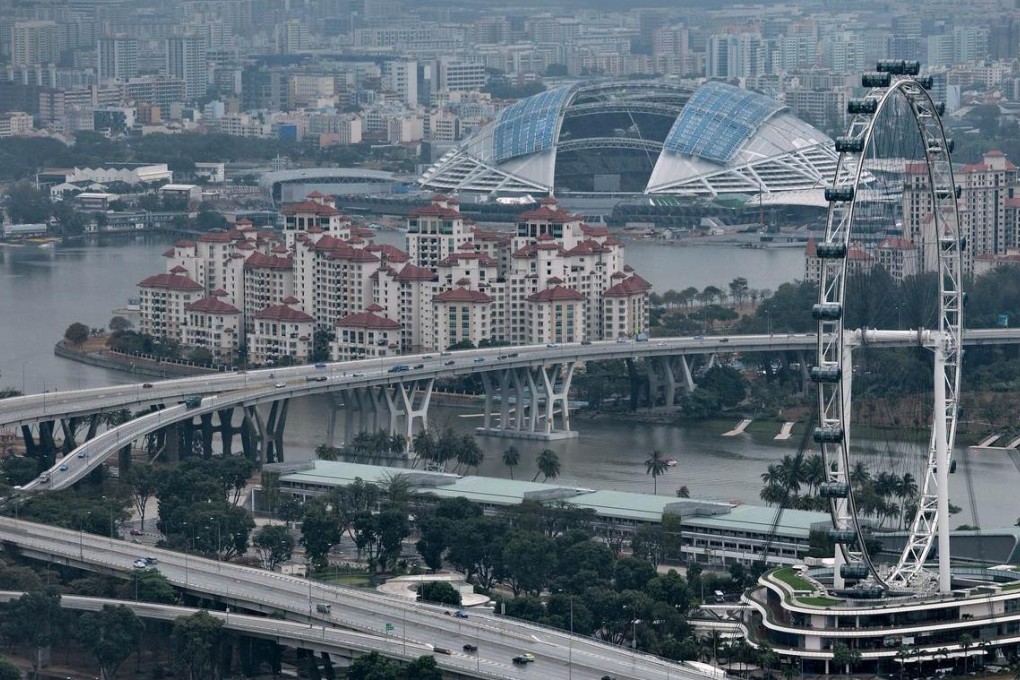Singapore snapping at Hong Kong's yuan heels
Business in the mainland currency is booming in Singapore, which aims to handle an amount equivalent to a third cleared in Hong Kong

Singapore may well be a latecomer to yuan business, but the city state is wasting no time in its catch-up efforts, with its yuan clearing volume expected to reach a third of that of pacesetter Hong Kong this year.

Hong Kong became the first offshore yuan trading hub in 2004, followed by London in 2011. Despite Singapore's late start in the trade, banks based in the city are keen to carve out a bigger slice of the global yuan market.
While some say a more volatile yuan with limited room for appreciation may dampen investor interest in yuan products, bankers in Singapore still have high hopes for this sector's ability to grow their business.
"There will be a great part for Singapore to play for [yuan] settlement. You will see more yuan-denominated products to come - bonds, securities, RQFII products, wealth management products, and structured products," said Zhang Weiwu, the general manager at ICBC Singapore.
The average clearing volume ICBC handles in Singapore is about 150 billion yuan per day, almost a third of the volume in Hong Kong, Zhang said.
In just seven months from late May, when ICBC started the clearing service, the volume reached about 2.6 trillion yuan by the end of the year, he said. In the first two months of this year, the amount swelled to 4.2 trillion yuan.